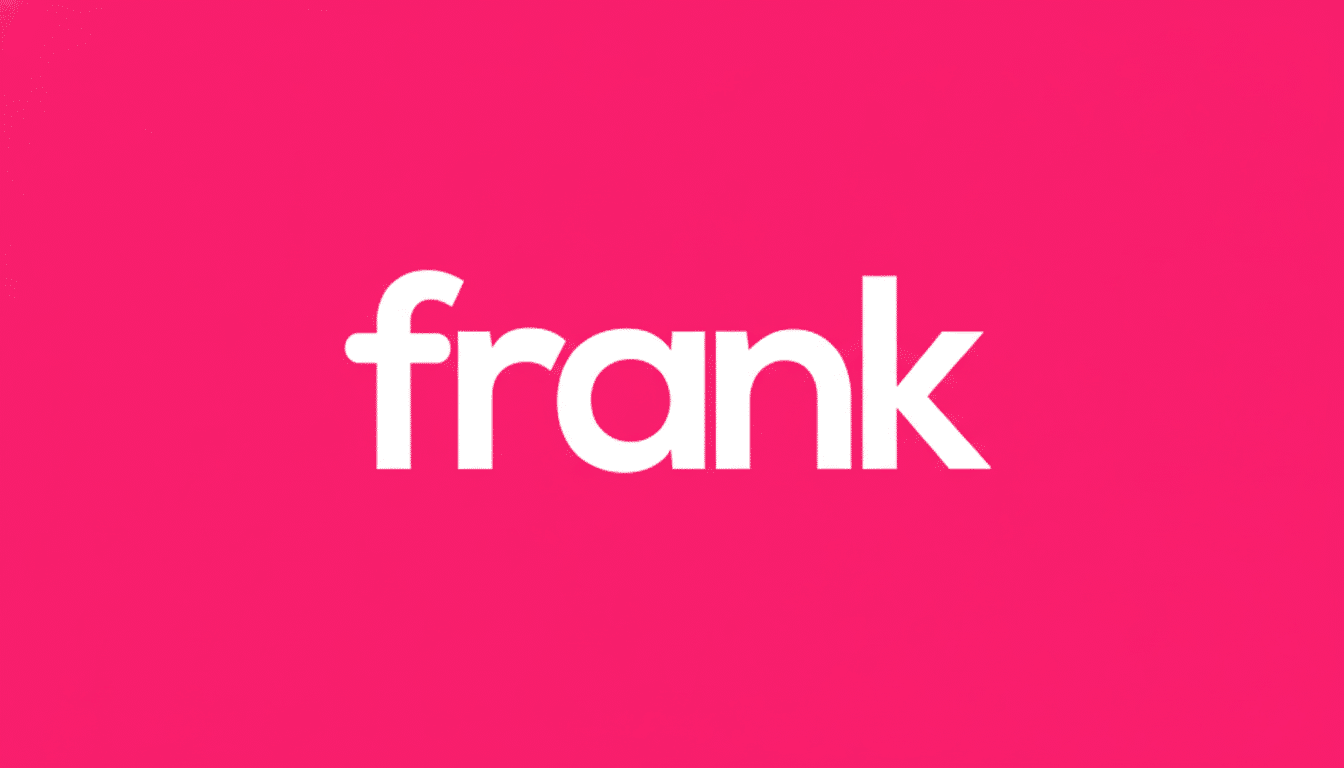JPMorgan Chase is fighting back against having to cover the rapidly escalating legal bills of Charlie Javice, founder of student financial-aid startup Frank, and a former executive Olivier Amar — going as far as to challenge an order that forces it to advance their defense costs. The bank says that invoices linked to their legal teams have ballooned to $142 million — an eye-popping amount that exemplifies just how expensive white-collar defense battles can be.
The clash has its origins in JPMorgan’s purchase of Frank this year for $175 million and accusations that followed from Javice and Amar that the startup’s user numbers had been artificially inflated to close the deal. The issue currently commanding the courtroom is who picks up the tab for a defense — and on what terms — after Javice was sentenced to seven years and a jury convicted him of defrauding the bank.

What JPMorgan Is Saying About the Legal Bills
JPMorgan’s lawyers have called out expenses they say are extravagant — upgrades to luxury hotels, fees suggesting 24 hours of billable work in a day, as well as personal care products — according to arguments cited by The Wall Street Journal. The bank says that these items go “well beyond any reasonable interpretation of the corporate policy and should not be paid or advanced, even on a temporary basis, under indemnification or employment agreement relating to the Frank acquisition.”
Javice’s camp has said in response that she obeyed JPMorgan’s rules, did not personally sign off on expense submissions and never sought reimbursement beyond what the bank allowed. That defense is important, because many corporate advancement policies depend on whether costs are “reasonable and necessary” in the context of complex, multi-front litigation that includes criminal cases, S.E.C. enforcement actions and civil claims as well as shareholder suits.
The $142 million price tag is striking all on its own — it is about 81 percent of the total price JPMorgan paid for Frank, but not unthinkable in a complex white-collar case. The most expensive defense firms in the country command four-figure hourly rates, and the concurrent pressures of criminal trials, regulatory investigations and civil lawsuits can drive up costs at head-spinning velocity.
The Legal Backdrop and Fight Over Indemnification
At issue is the difference between advancement and indemnification. Many companies, under common corporate structures like Delaware General Corporation Law Section 145, are forced to advance legal fees for officers and employees while cases are pending — with the understanding that even such beneficiaries may be on the hook for repayment should it be determined they ultimately engaged in fraud or bad faith. Even after indictments or verdicts, this leads courts to enforce advancement obligations in a strict way when contracts or bylaws commit them until ultimate resolution.
JPMorgan’s argument seems to have two parts: (1) that fraud connected to the purchase excuses or obviates any duty to move forward funds; and (2) that the billings themselves reveal fees which are either unallowable or excessive and would be disallowed irrespective of a duty to advance the same. Such arguments shine a light on the text of the underlying agreements, when the misconduct is said to have occurred, and whether Javice and Amar were protected individuals under the bank’s own policies at that time.

Fee disputes like this one can hang on fine print that few bother reading until something goes wrong. Typically acquisition agreements are full of indemnities and fraud carve-outs, representations and warranties on user metrics and limitations on reimbursable expenses. If a court determines that advancement is in play, the next question becomes to what degree it will police line items (even as broader merits continue elsewhere) in those reimbursement amounts.
A Case With Wider Implications for Startup M&A
Beyond this high-profile stand-off, the result could send ripples through startup M&A, where buyer protections are already being put to the test. Recent enforcement and prosecution trends — from misreported growth metrics to revenue inflation cases — have caused acquirers to become even more vigilant about diligence in areas like customer counts and conversion rates. The Frank saga is already a warning sign; with another court weighing in to limit advance obligations, the landscape for how acquirer insurance language will be drafted, how expense caps will be set and how holdbacks or post-deal insurance for disputes could all soon change.
For founders and executives, the case is a warning that they must weigh advancement and indemnification clauses as closely as high valuation. Which is to say that when the investigations come, the defense teams build with great speed and reach and costs balloon. Even basic travel and accommodation decisions that may seem mundane can be turned into evidence in a later fight over which party — the company or the individual — should foot the bill.
What Comes Next in JPMorgan’s Fight Over Legal Fees
JPMorgan is currently working to overturn the order that requires payment, hoping for court protection against disputed bills and a complete halt in advancement. Should the court side with the bank, Javice and Amar could be squeezed for funds — and even possibly a clawback of fees already advanced. If the order remains in place, the bank can still have a second chance to recover costs after final, non-appealable results.
Either way, the dispute is shining a spotlight on an expensive — and often neglected — corner of corporate risk control. The tab for legal defense can sometimes outstrip the price of the deal itself — and, as JPMorgan’s fight illustrates, who pays that tab can be a battle every bit as pitched as the underlying case.

